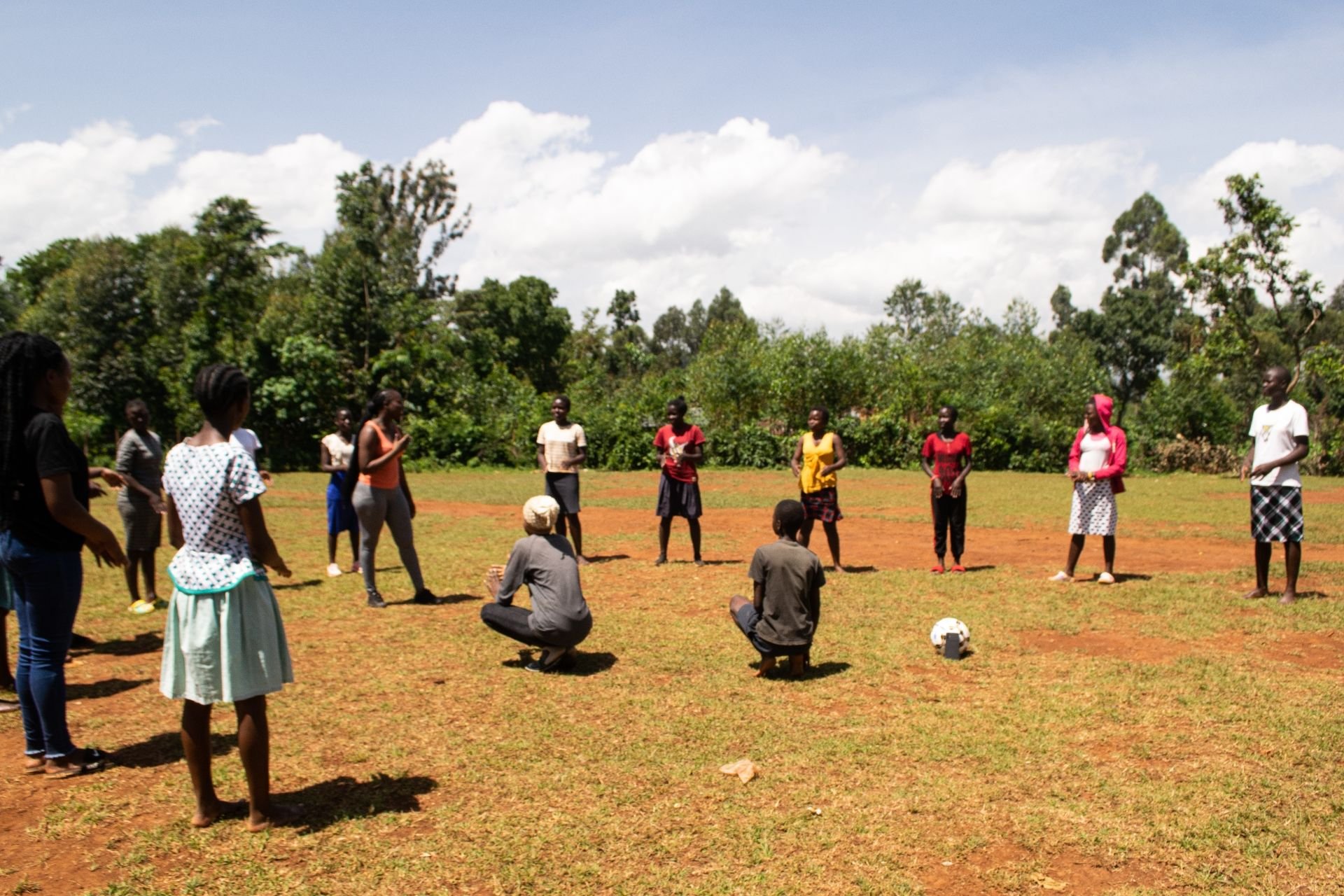Gender Justice
Challenge
Gender-based violence (GBV) remains one of the most widespread human rights violations, deeply rooted in harmful cultural norms, unequal power relations, and discriminatory practices. Women and girls are disproportionately affected, facing physical, emotional, economic, and sexual abuse both in public and private spaces. Despite existing laws and policies, enforcement remains weak, and survivors often face stigma, silence, and a lack of access to justice and support systems. In many communities, violence is normalised, and survivors are forced to suffer in silence.
The path to gender justice is obstructed by systemic barriers that limit access to legal redress, psychosocial support, and economic empowerment. Many survivors do not report abuse due to fear of retaliation, lack of trust in institutions, or societal pressure to remain quiet. Rural and marginalised communities are particularly vulnerable, with limited awareness of rights and inadequate services such as shelters, legal aid, and counselling. These gaps leave survivors feeling powerless, and perpetrators continue to act with impunity.
At WE REACH, we recognise that achieving gender justice requires more than responding to violence—it demands addressing the root causes. We work to transform harmful social norms, empower survivors, engage communities, and strengthen systems of accountability. Through awareness campaigns, safe spaces, peer support groups, and partnerships with law enforcement and service providers, we are building a future where every woman and girl can live free from violence and fear—with dignity, safety, and justice.
Strategies we use
Community-Led Awareness and Advocacy Campaigns
WE REACH engages local leaders, youth, and survivors in leading grassroots campaigns that challenge harmful gender norms and break the silence around SGBV. Using tools like community dialogues, edusports, school-based clubs, and storytelling, we create safe spaces for open discussions on gender equality, human rights, and respectful relationships. These campaigns empower communities to become active agents of change and encourage survivors to seek help without fear of stigma or retaliation.
Survivor-Centered Support Services
WE REACH provides holistic support to survivors of SGBV through access to psychosocial counseling, linkages, and economic empowerment opportunities. We believe in restoring dignity and independence by equipping survivors with life skills, start-up kits, and mentorship programs to rebuild their lives. Our survivor-centered approach ensures that every intervention respects the voice, choice, and safety of the individual.
Social enterprise program
In this program, each of our self-help groups of 10-15 women/girls receives services like entrepreneurship and financial literacy education; table banking and merry-go-rounds as examples of small savings schemes for self-loaning; a low-interest loan cycle of Ksh. 20,000 given to the entire group; a "standard" financial loan of between Ksh. 30,000 and Ksh. 50,000 per person over 2 years; business monitoring and mentoring; and leadership training.



